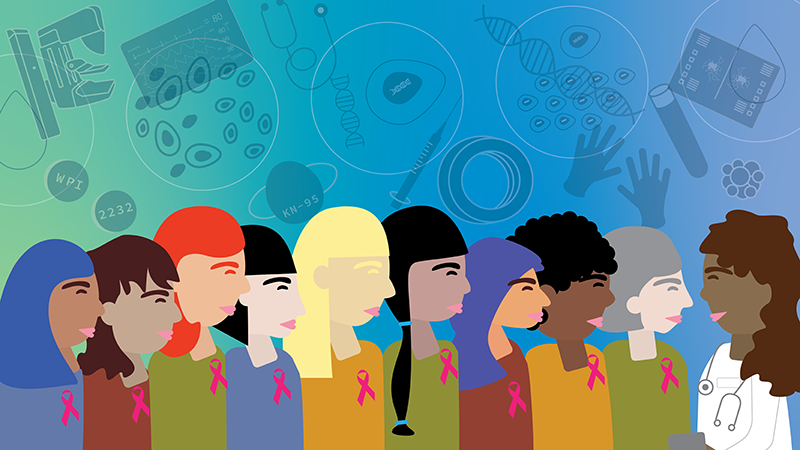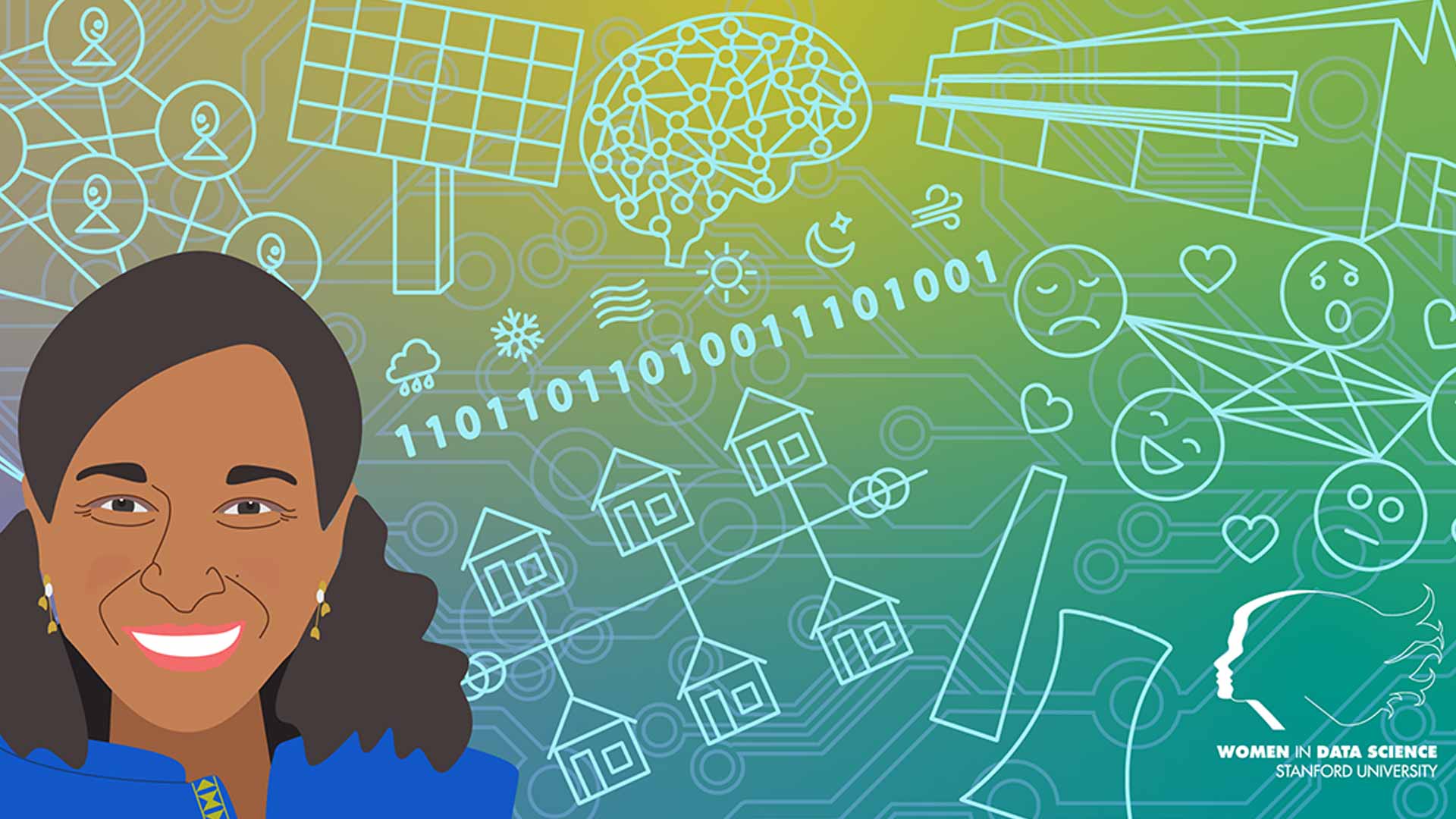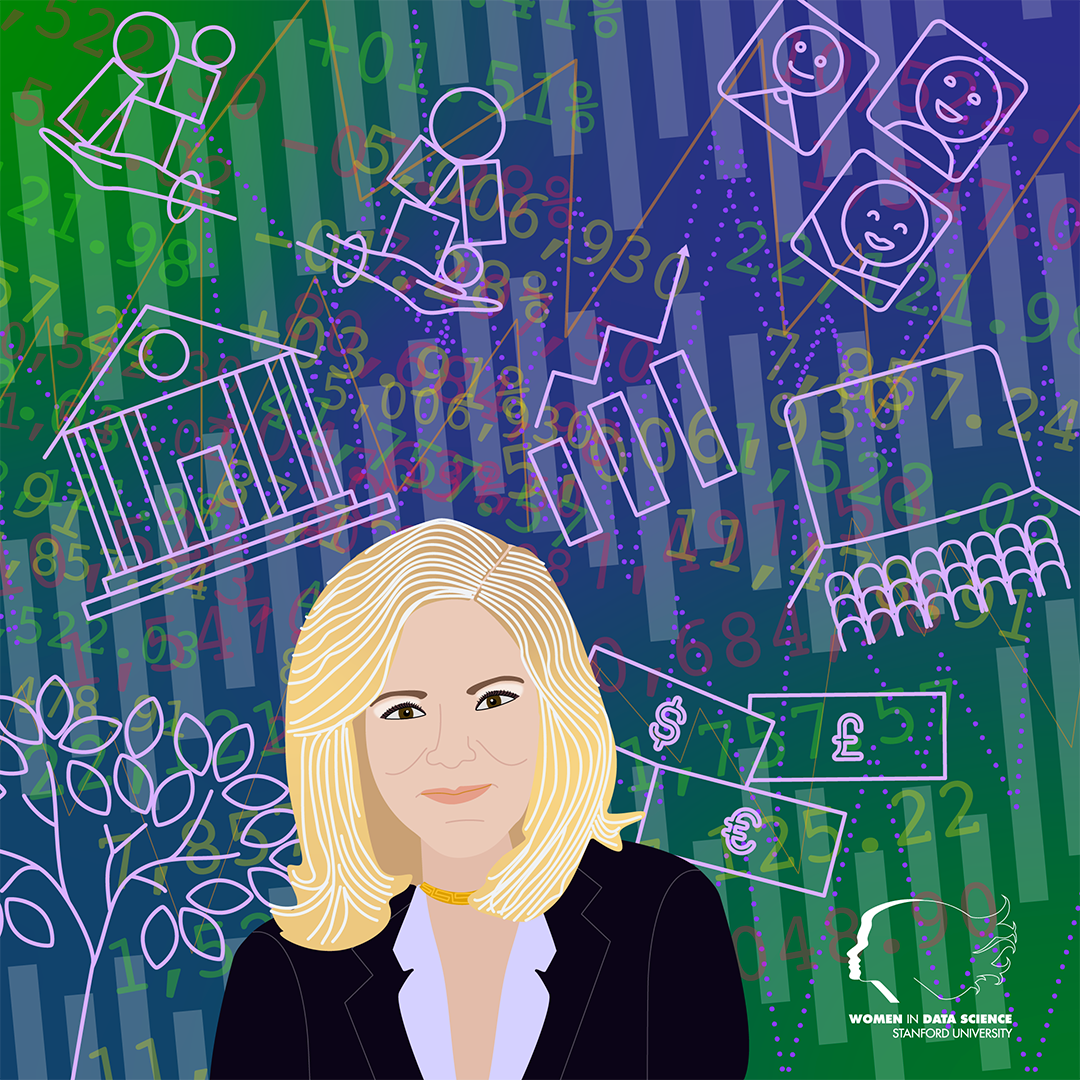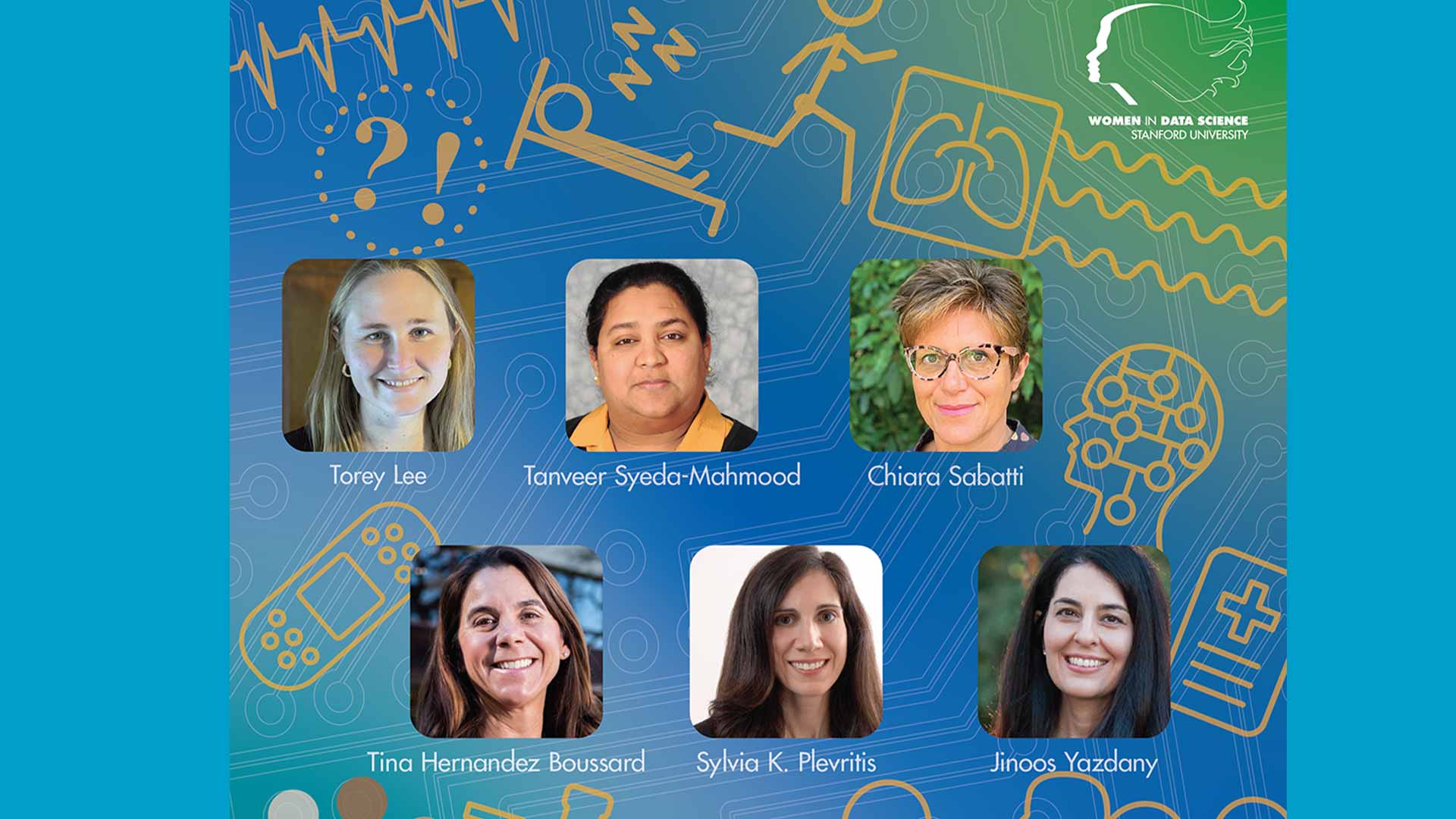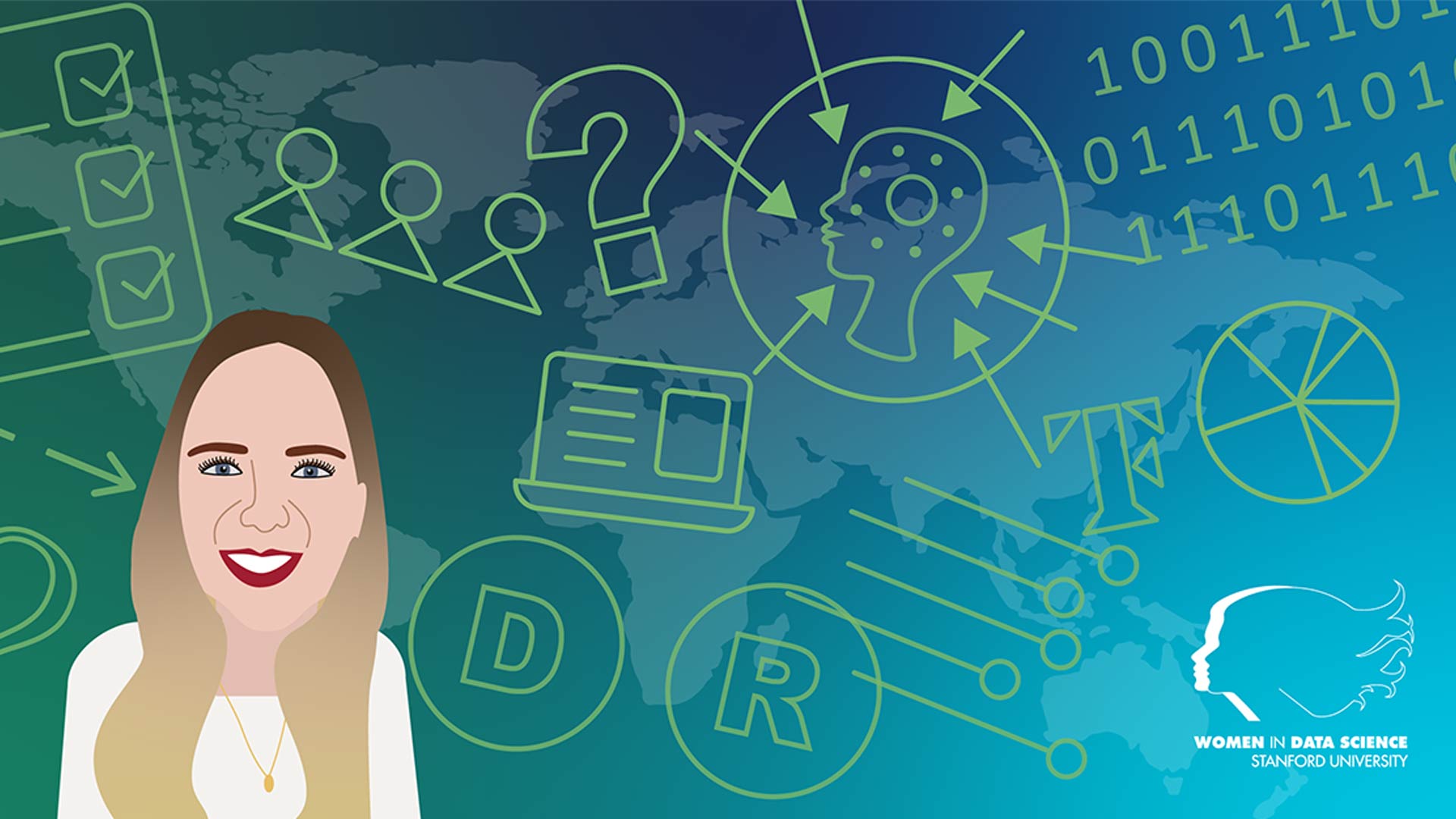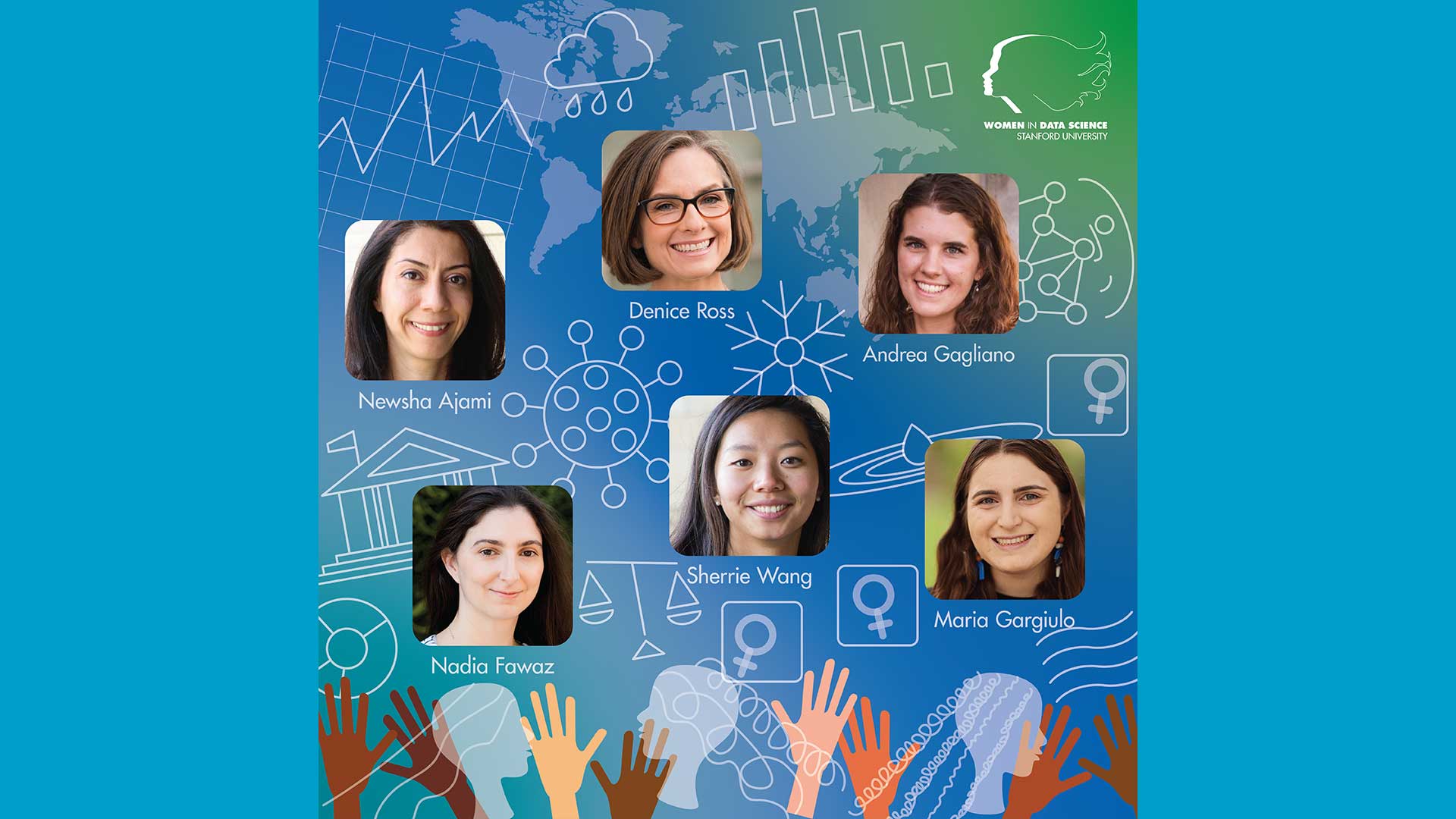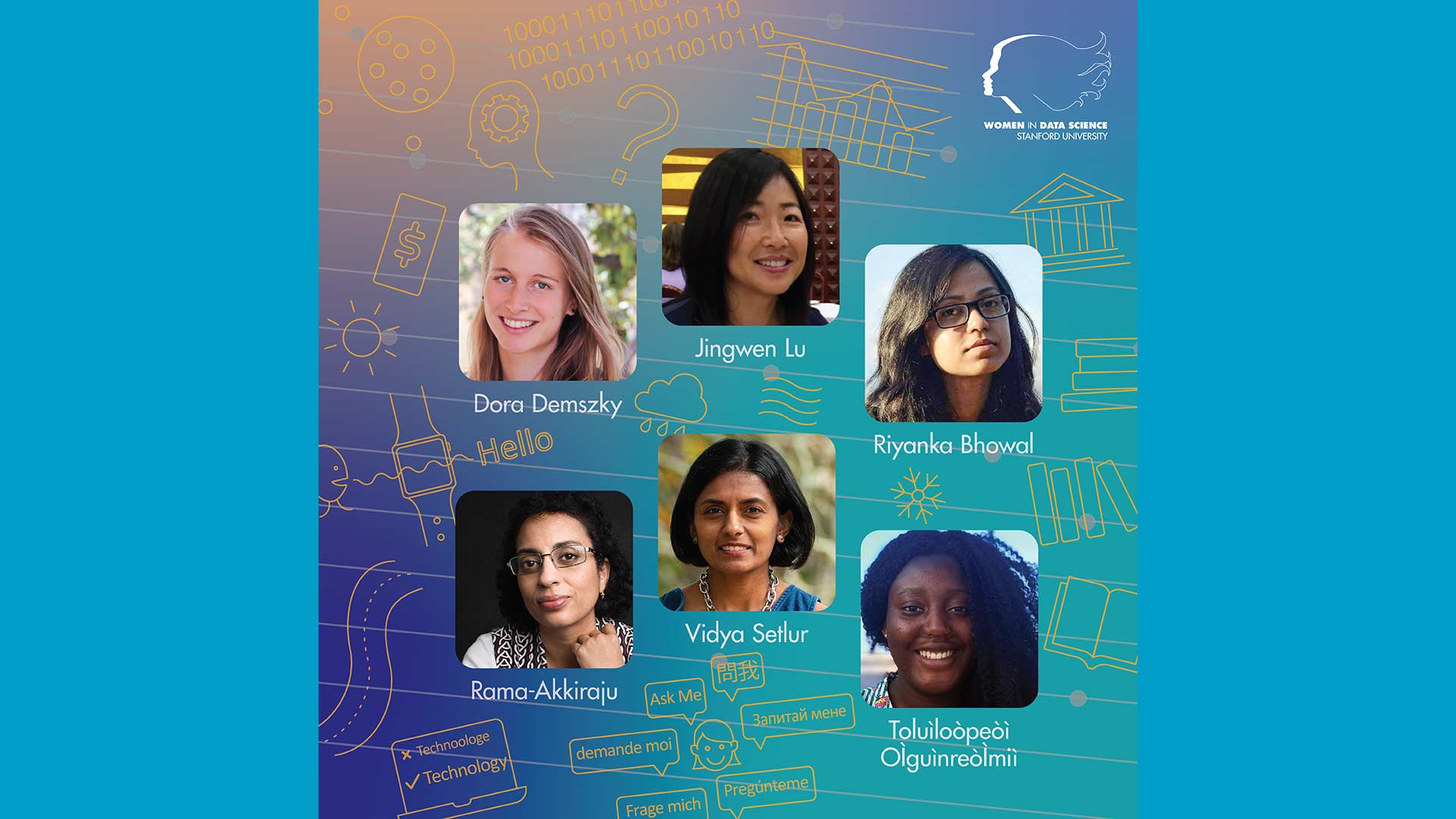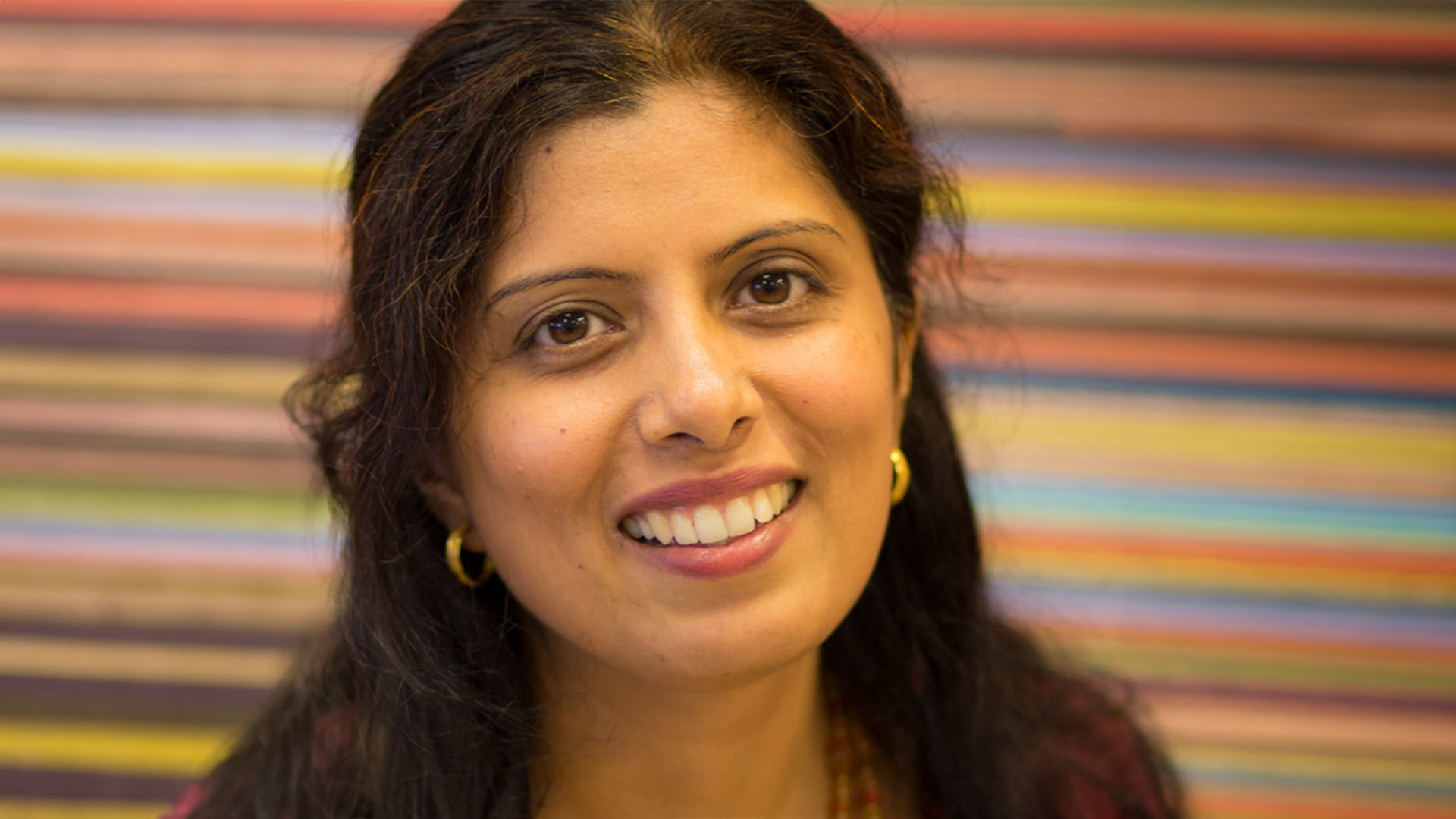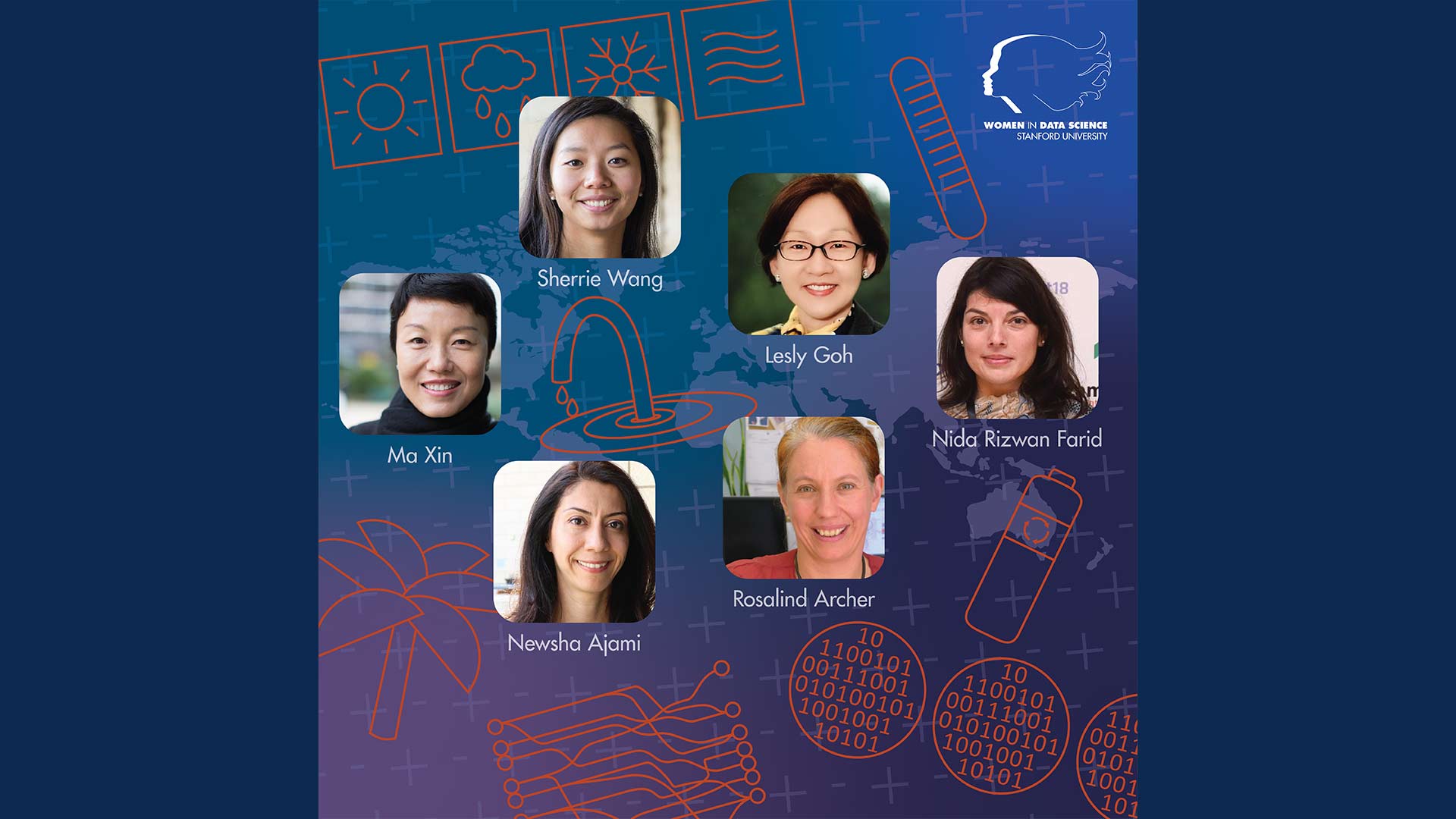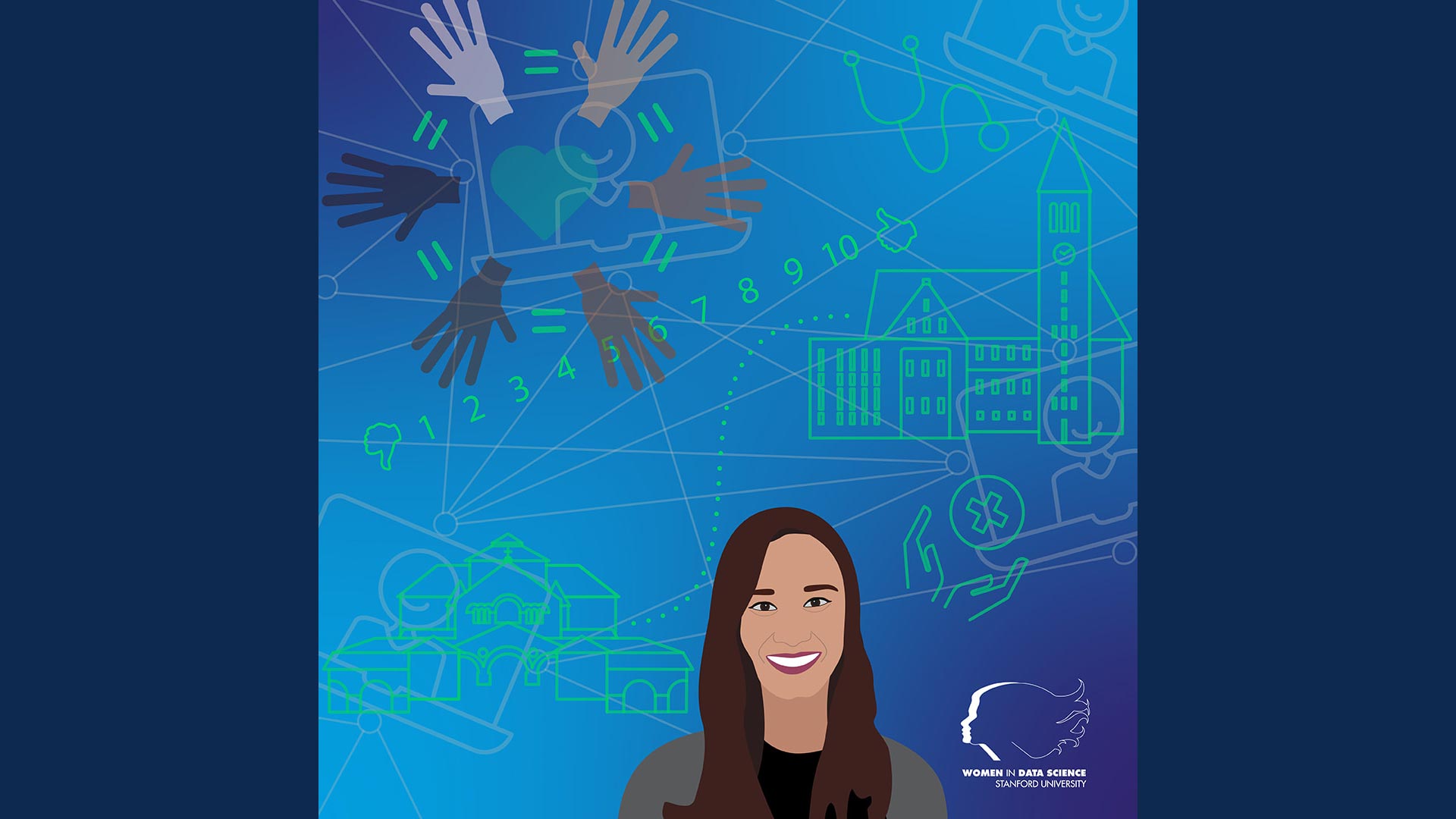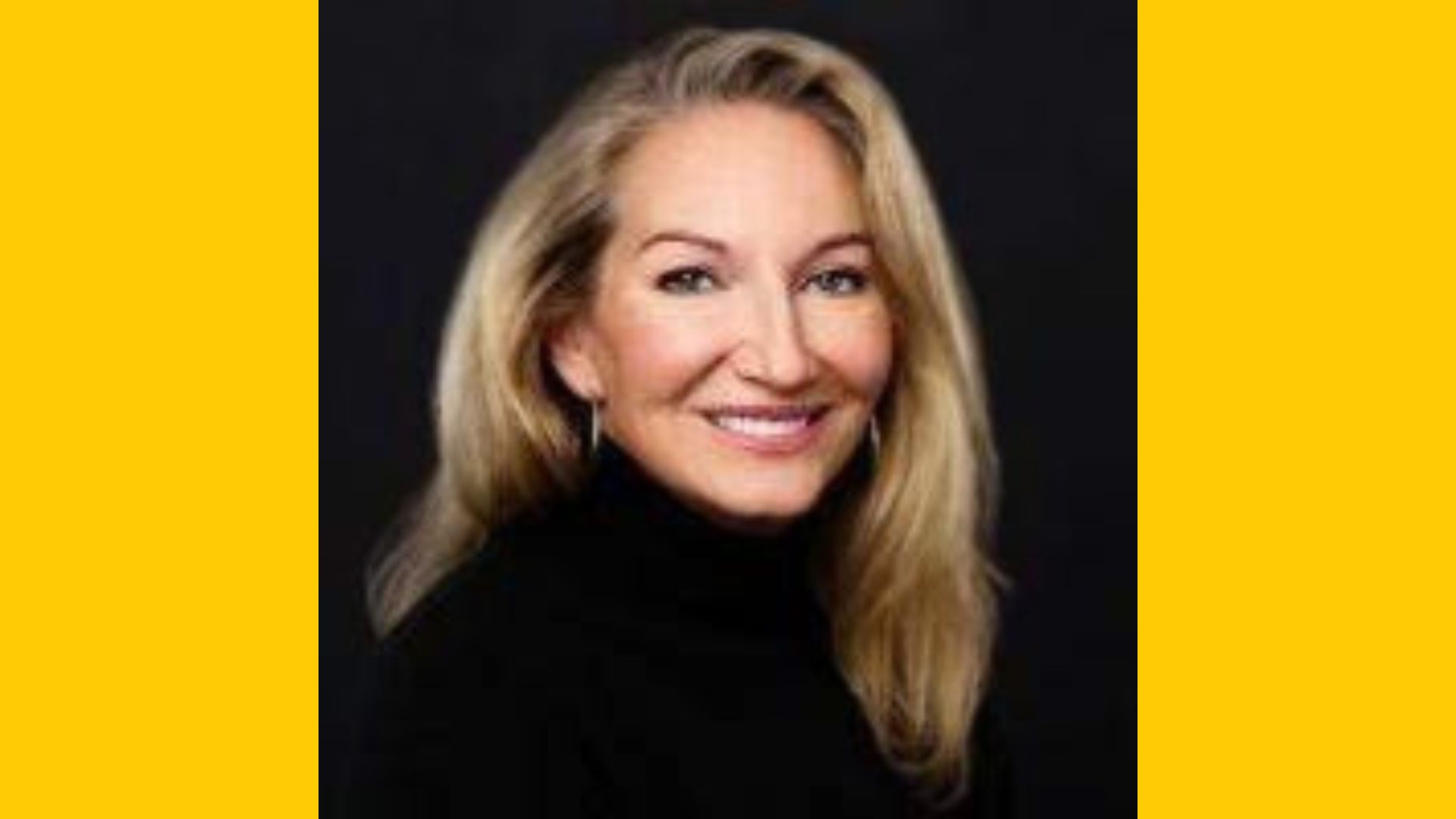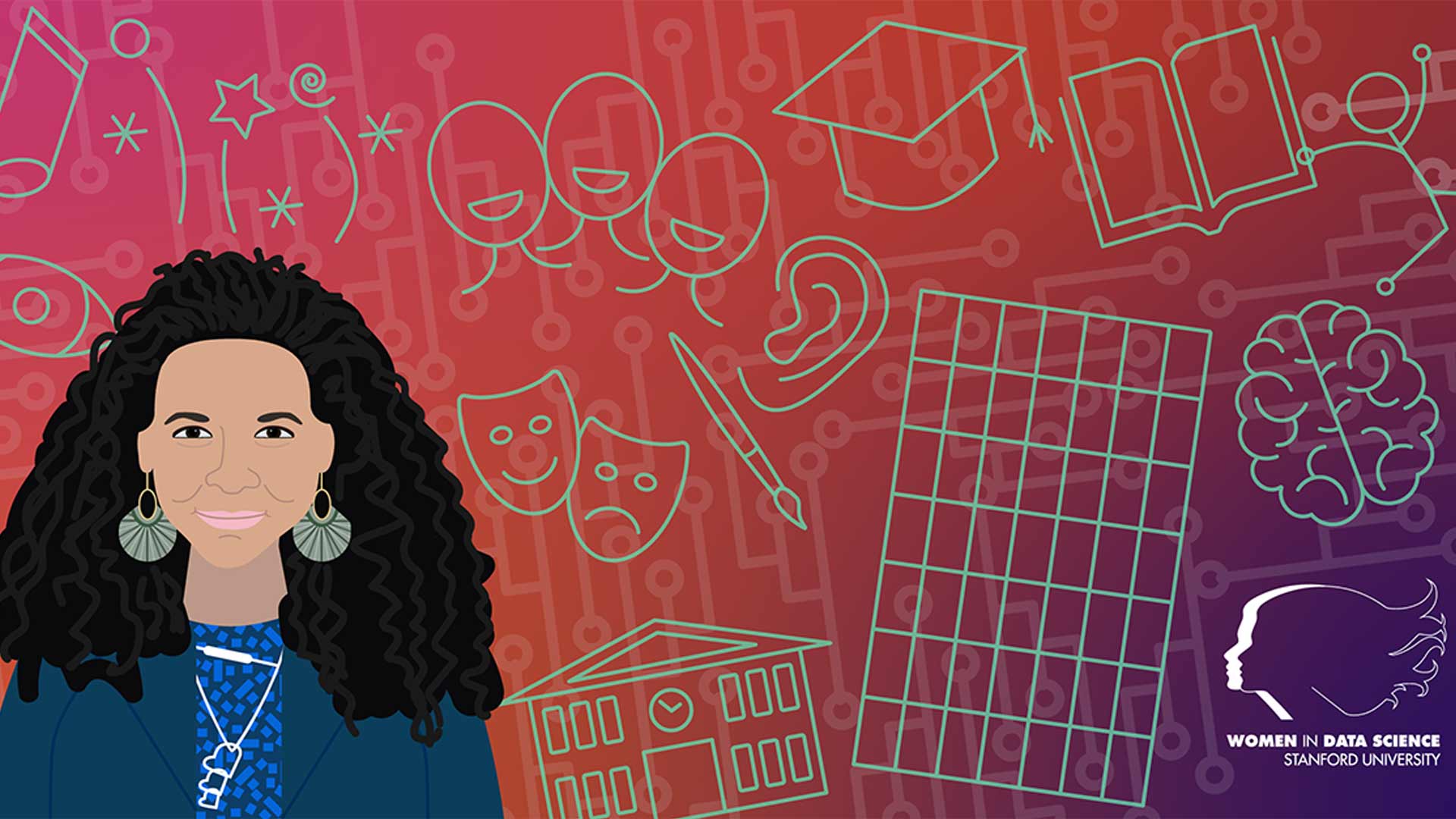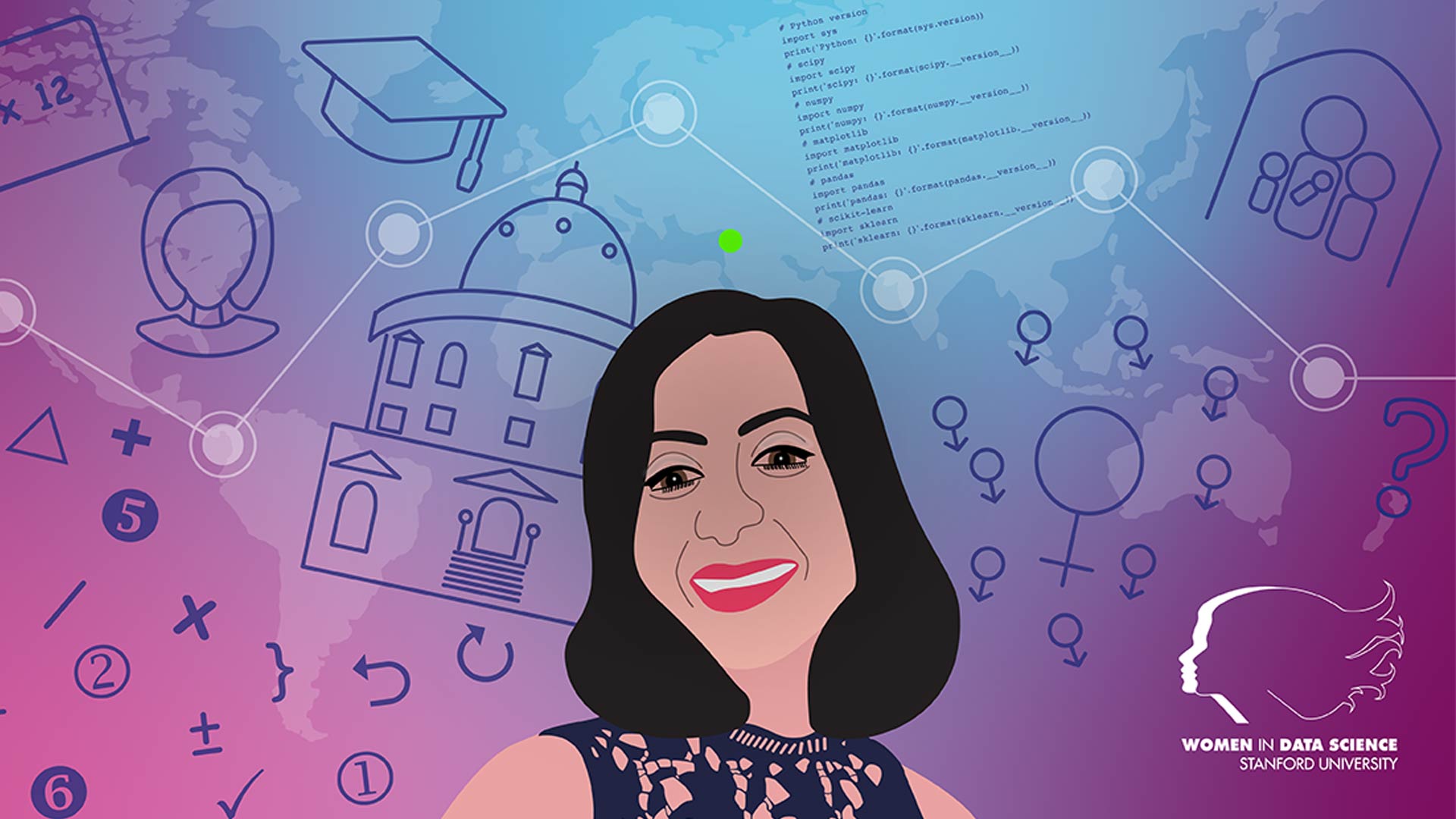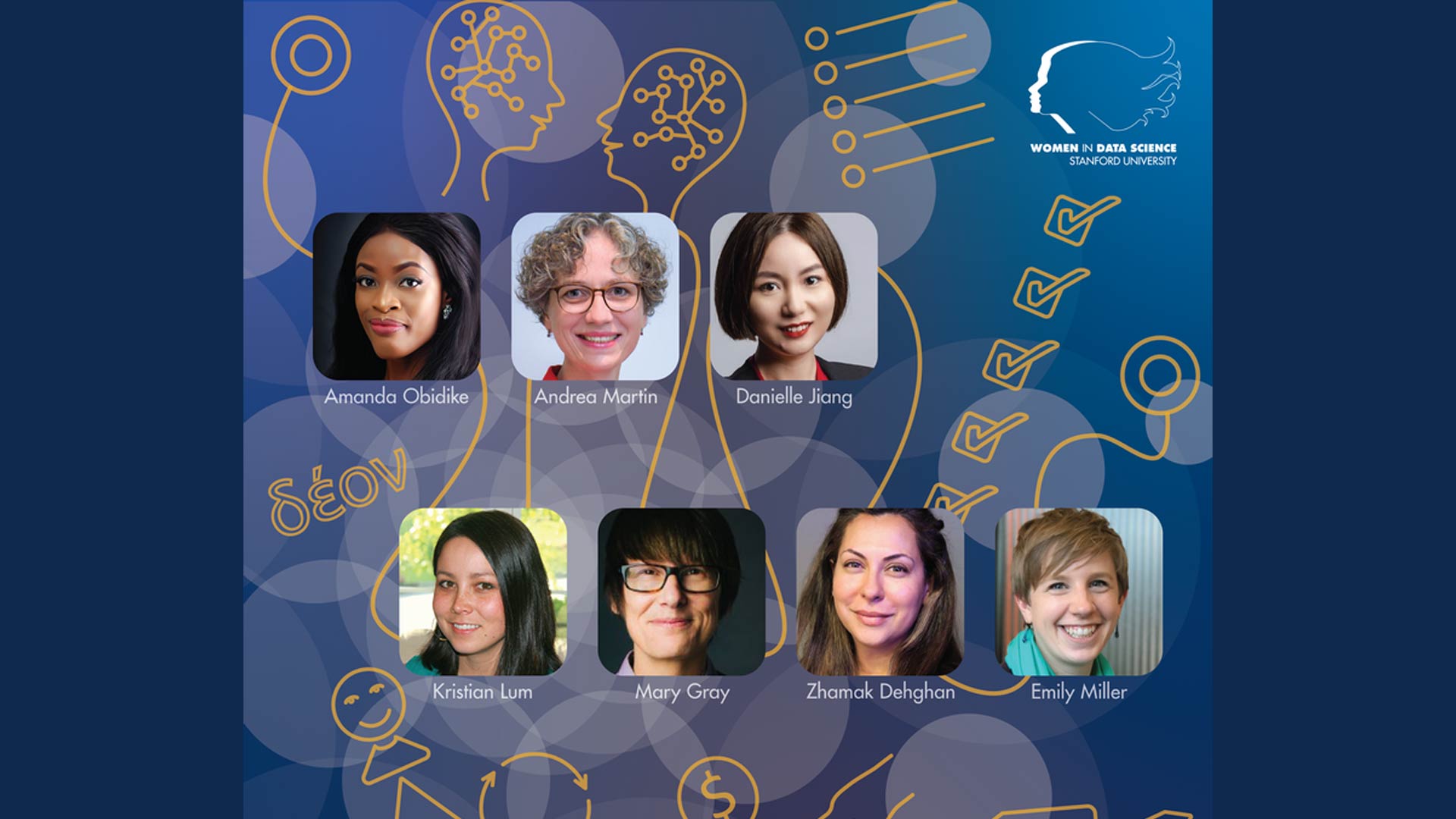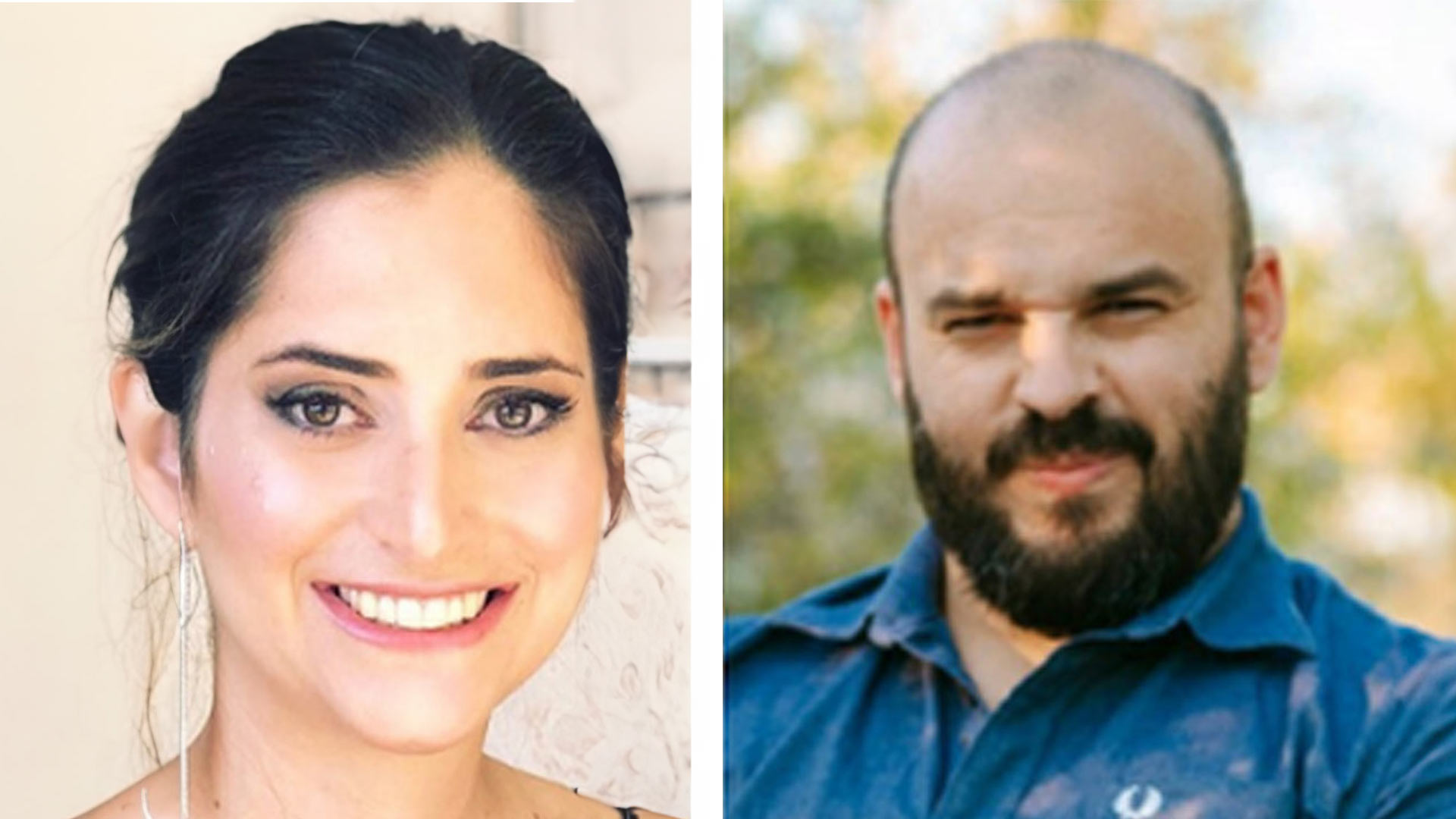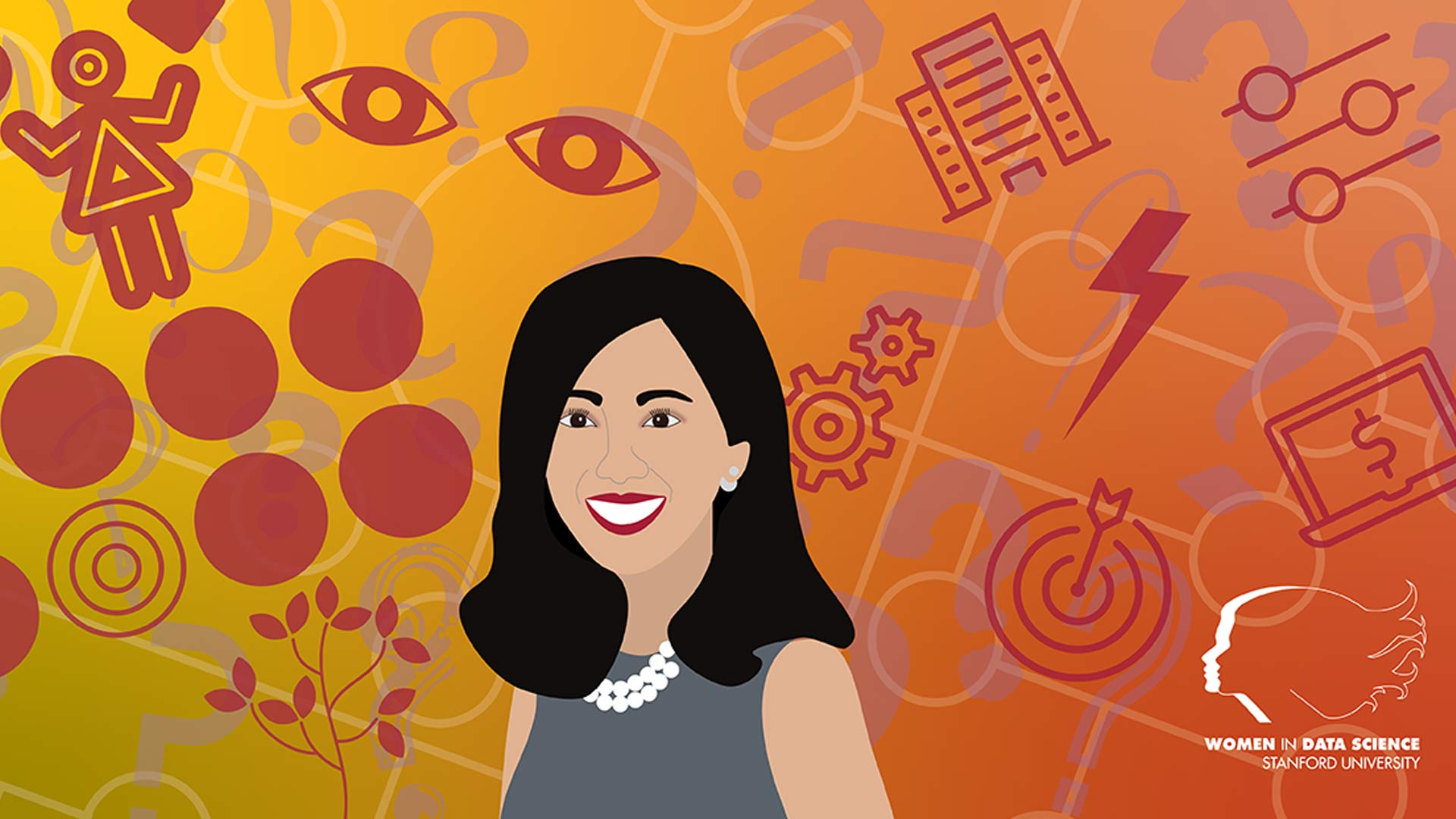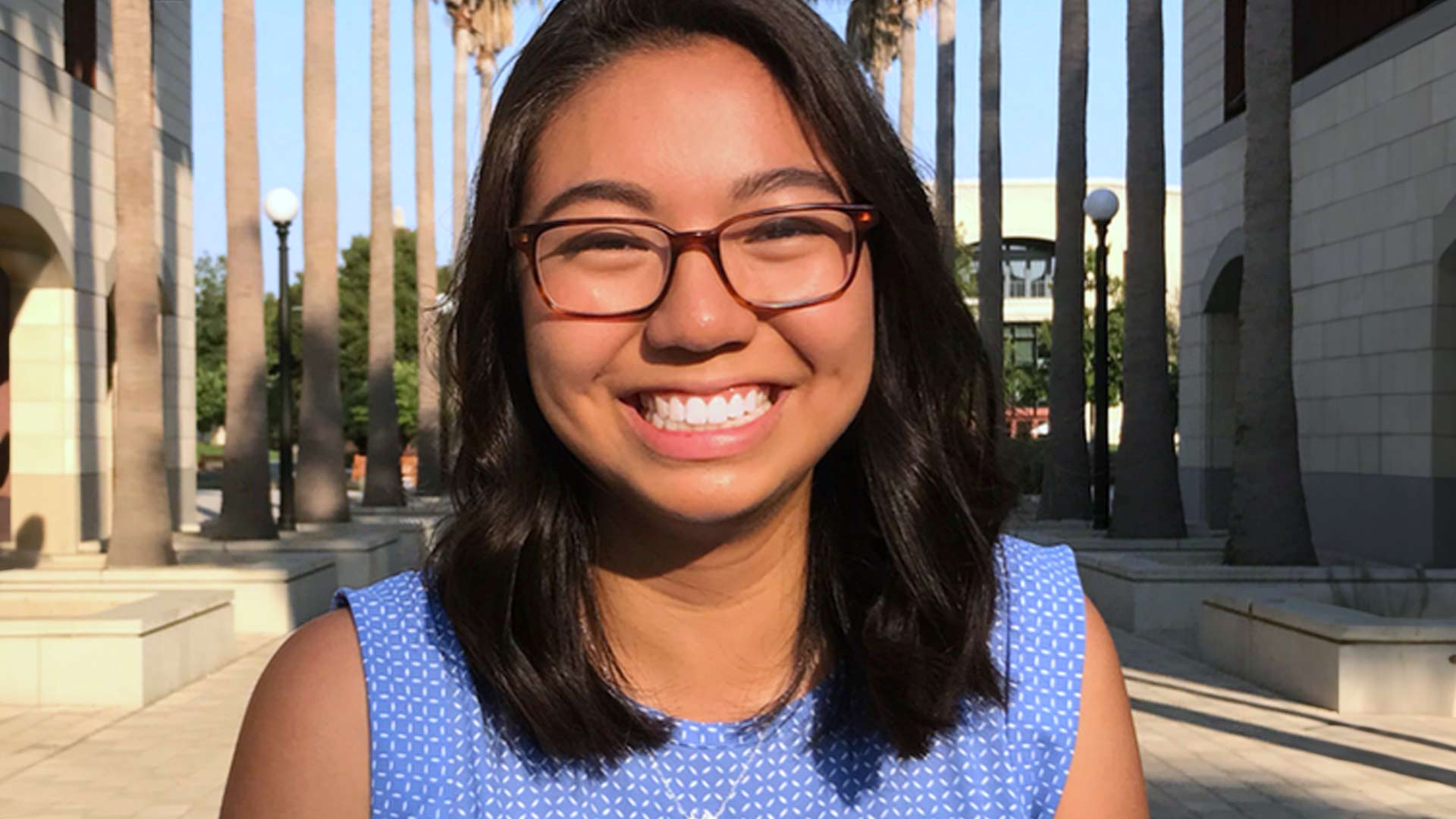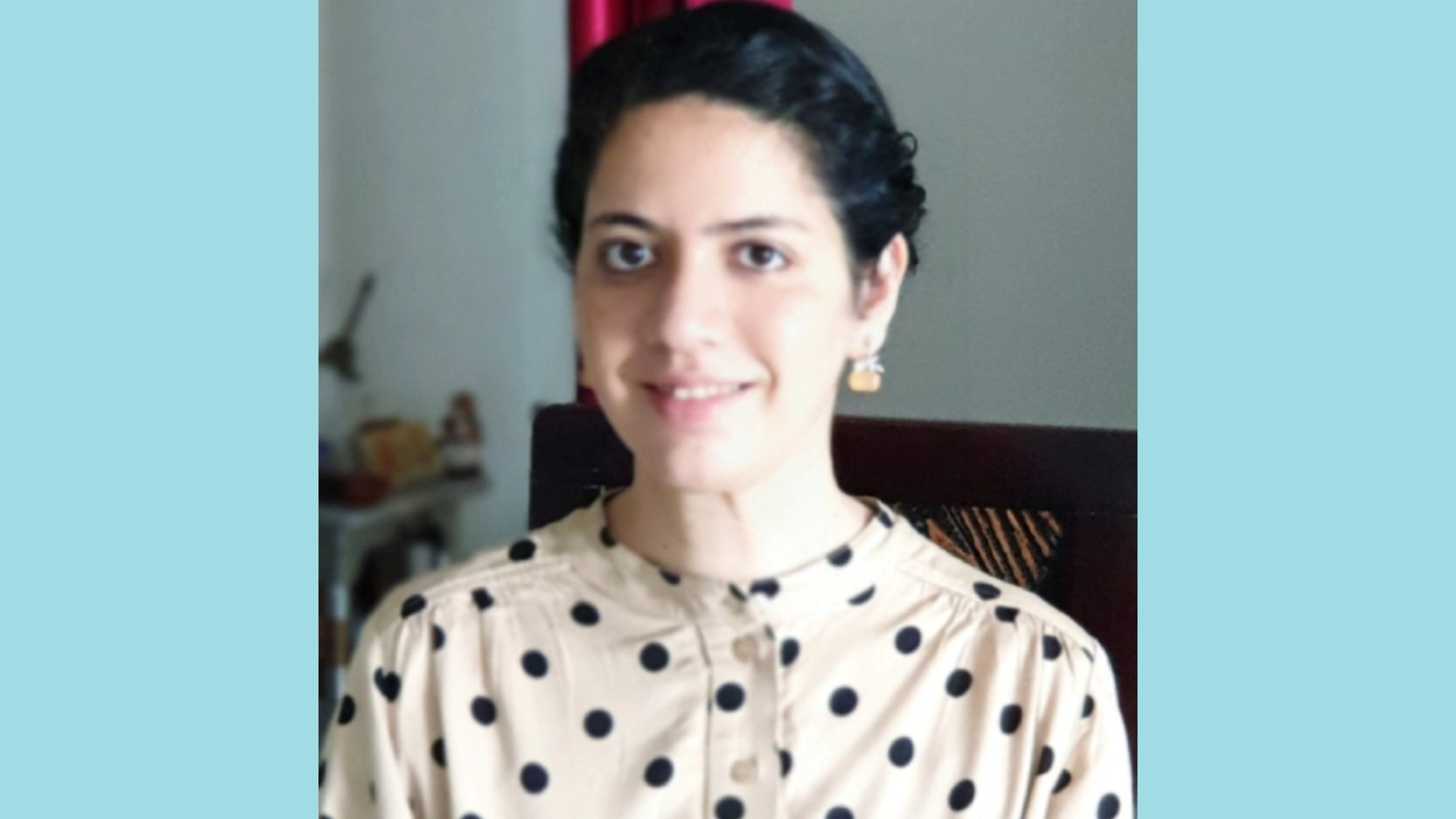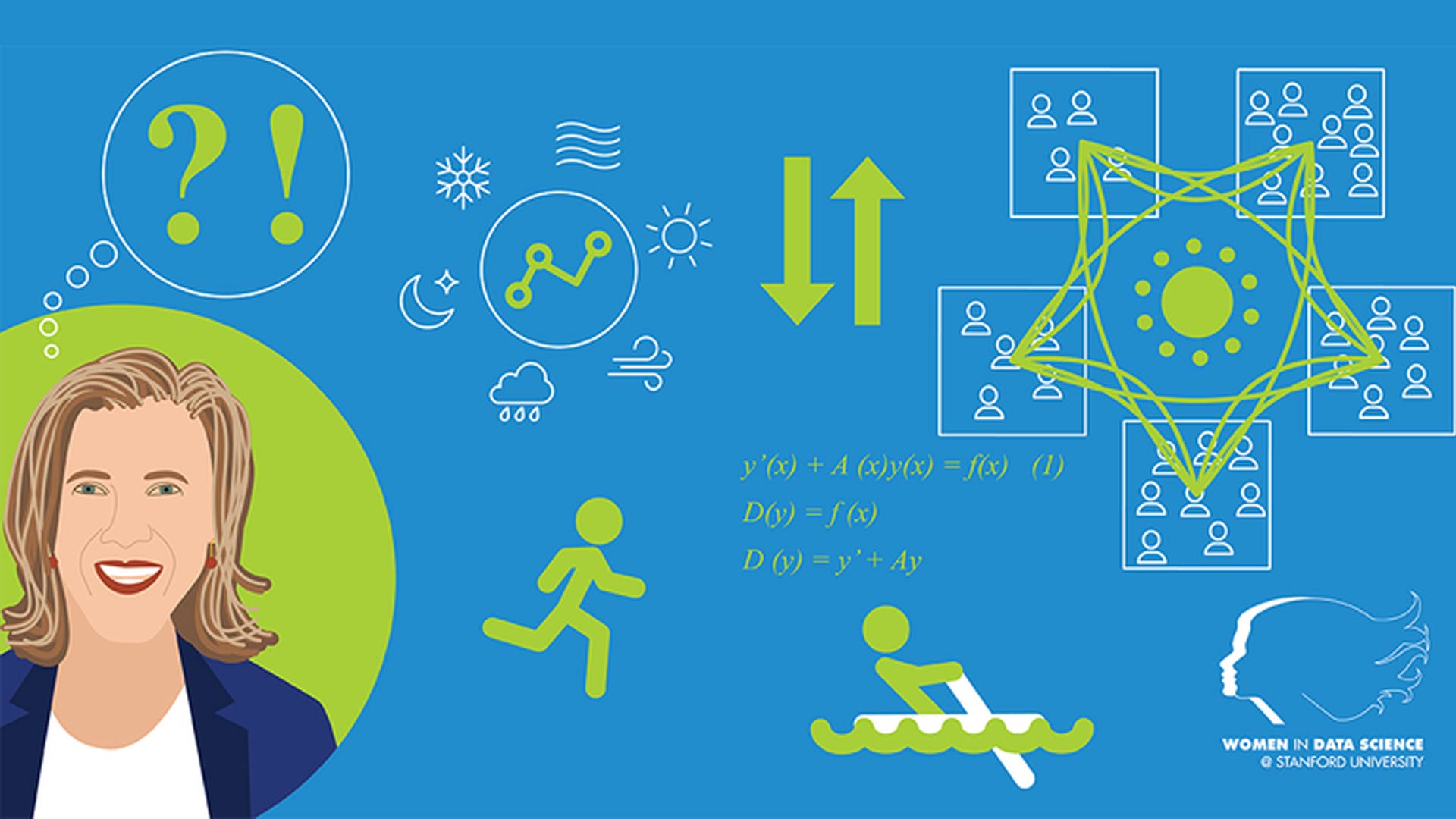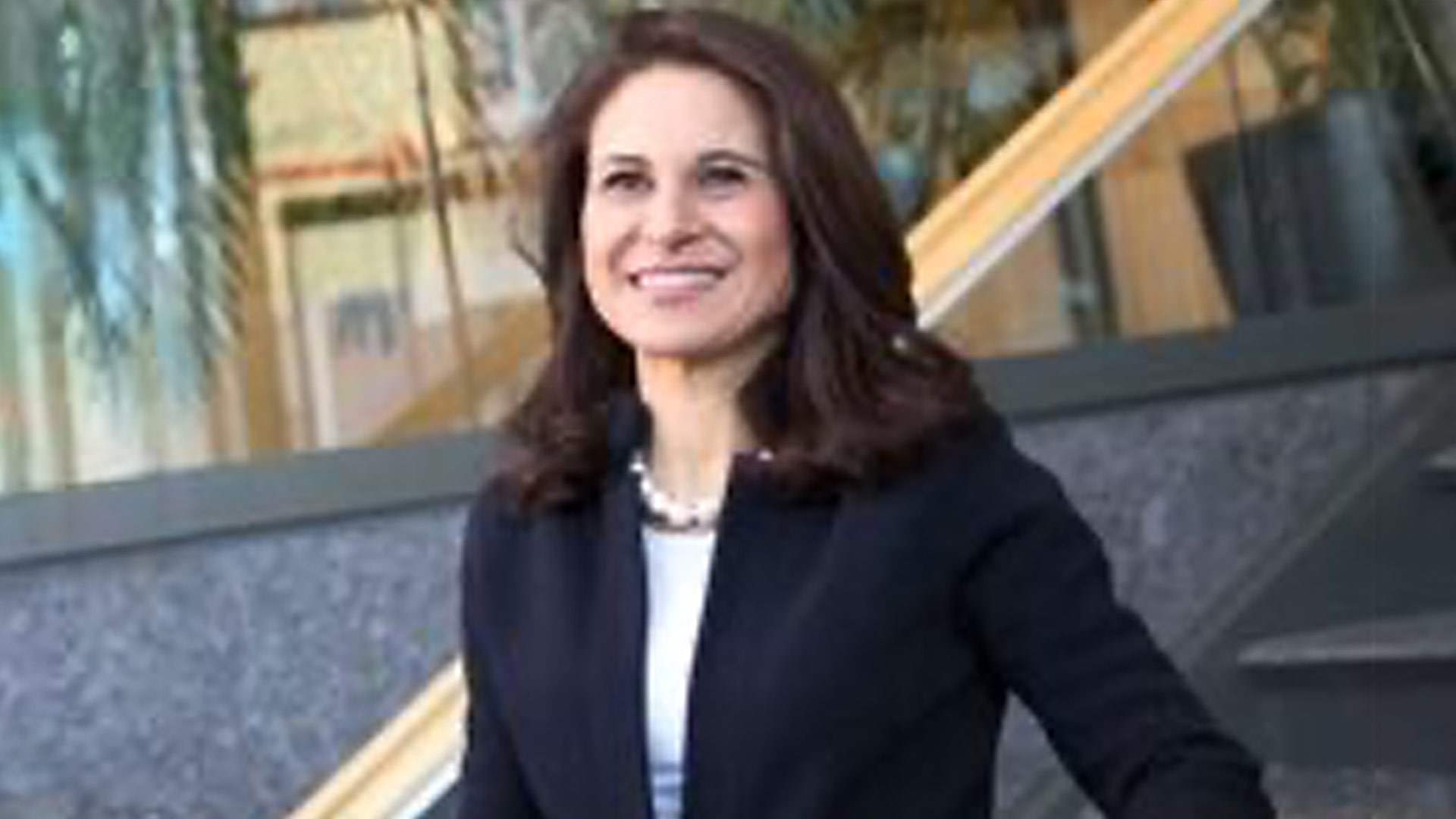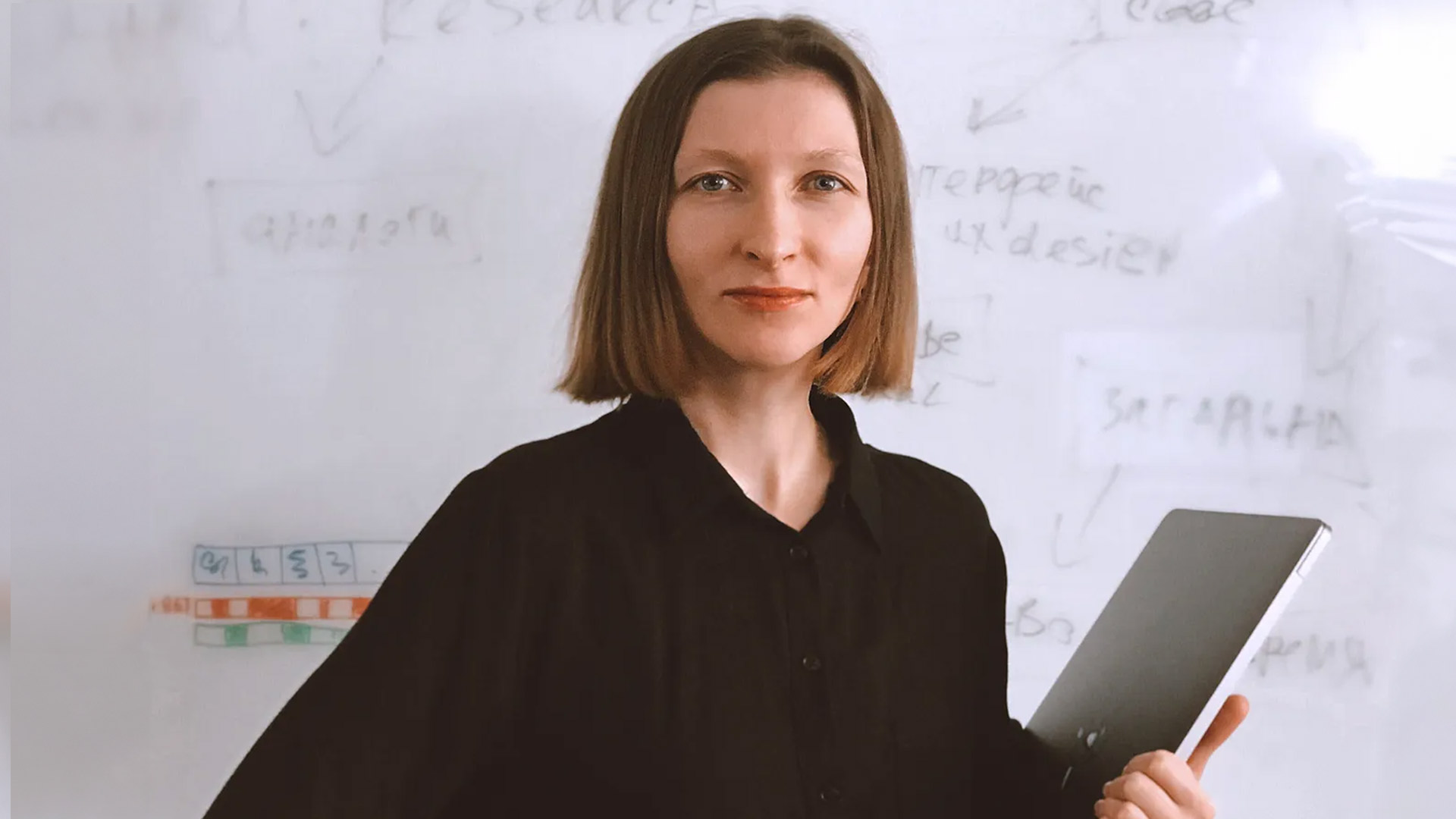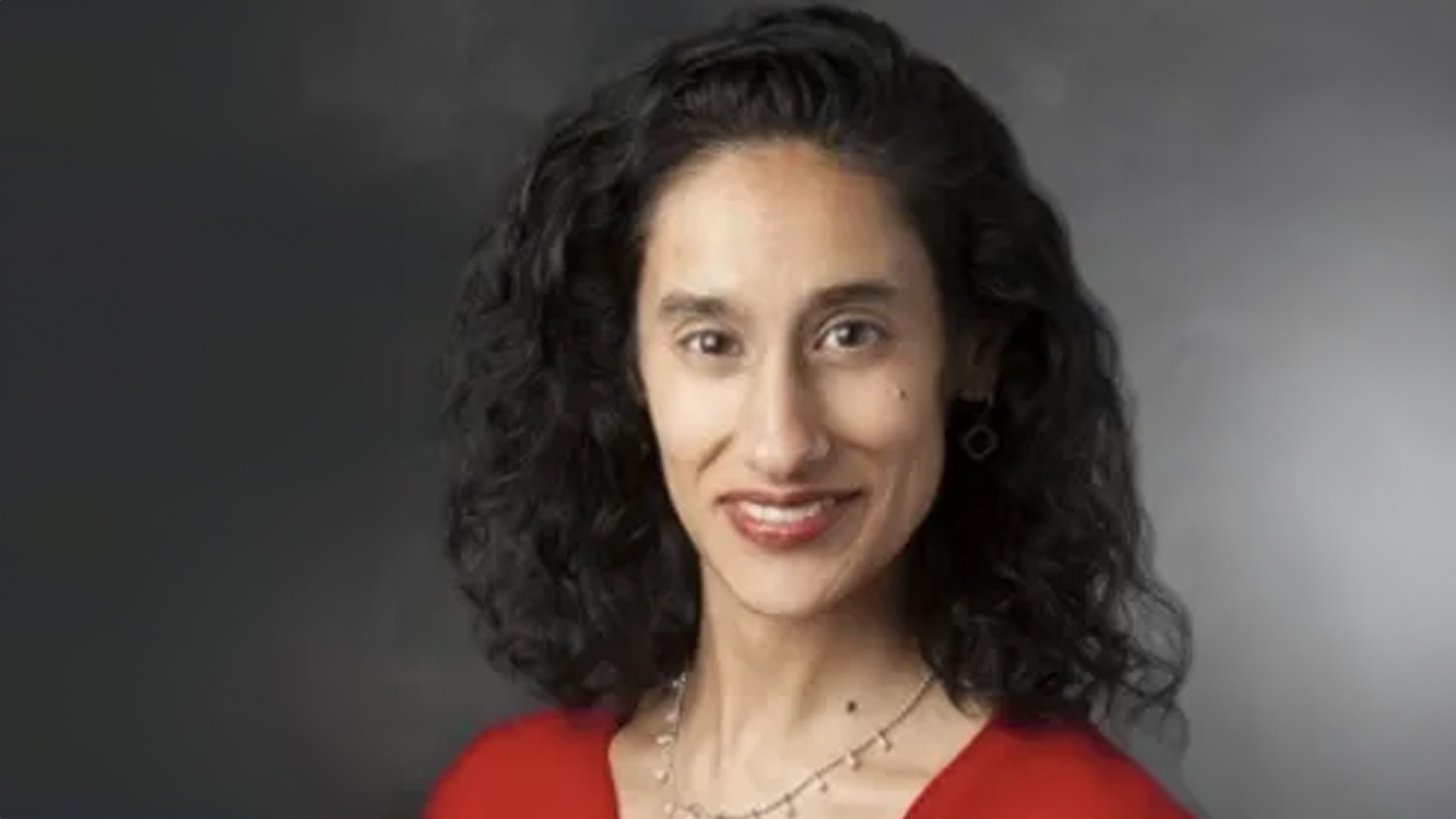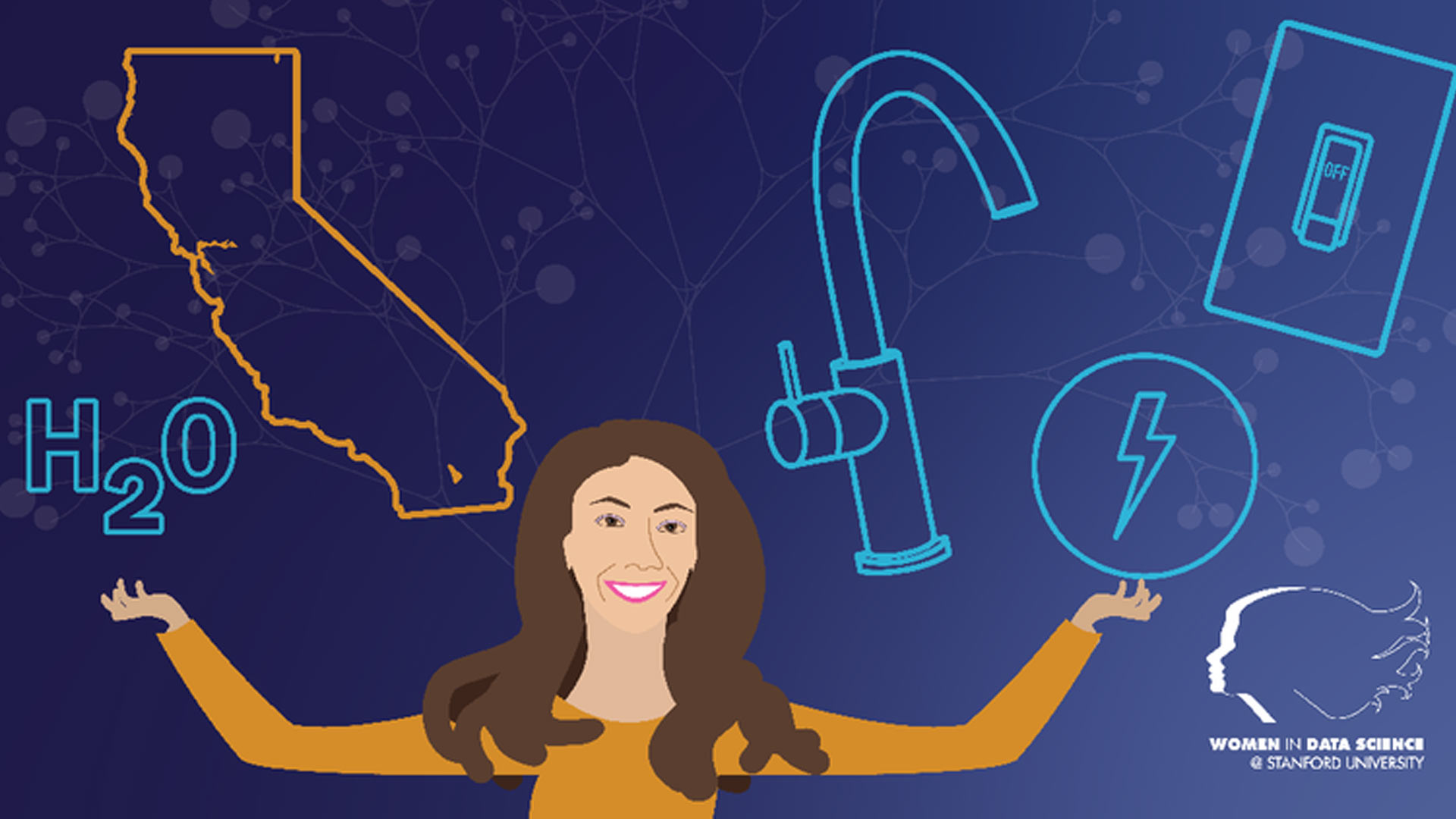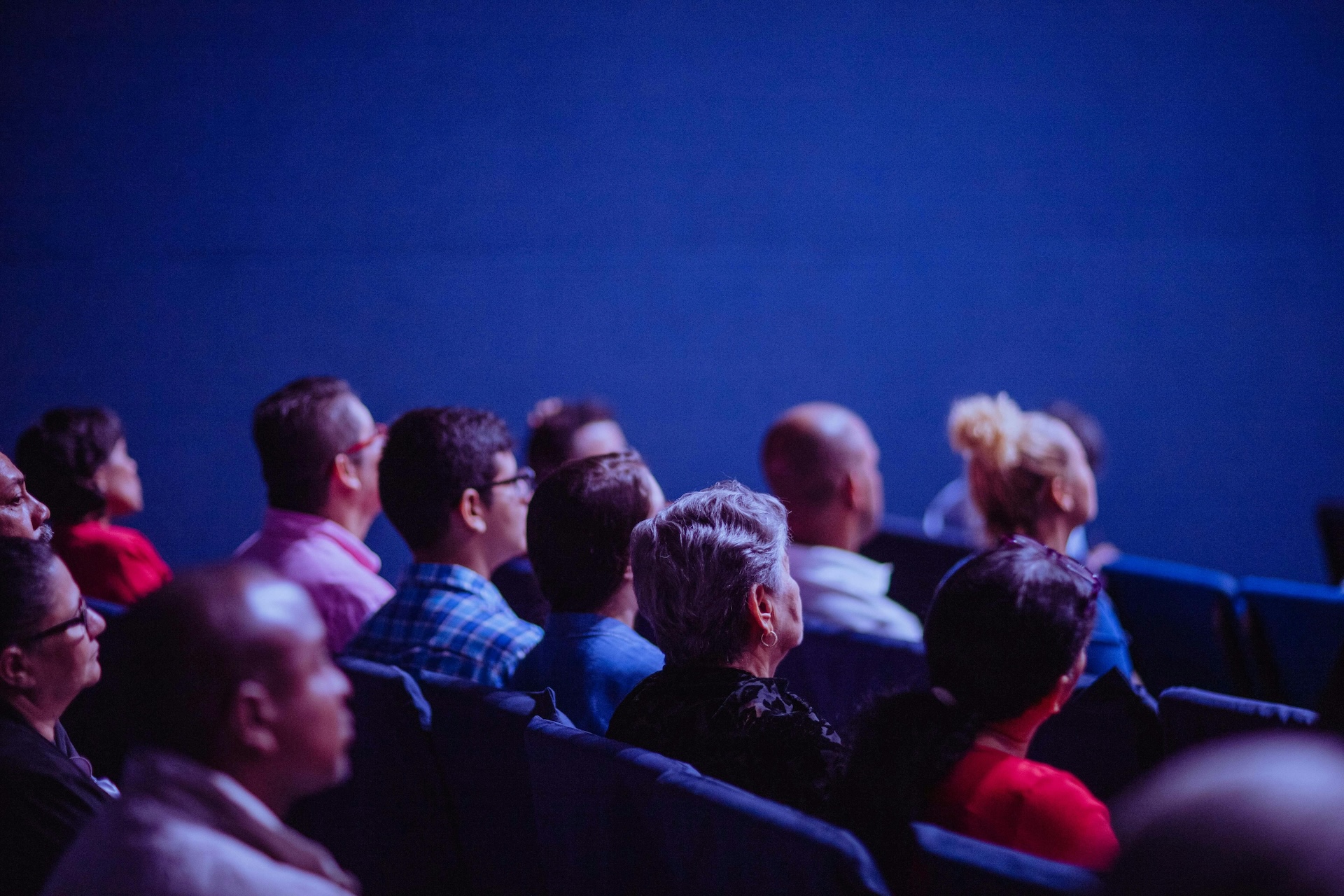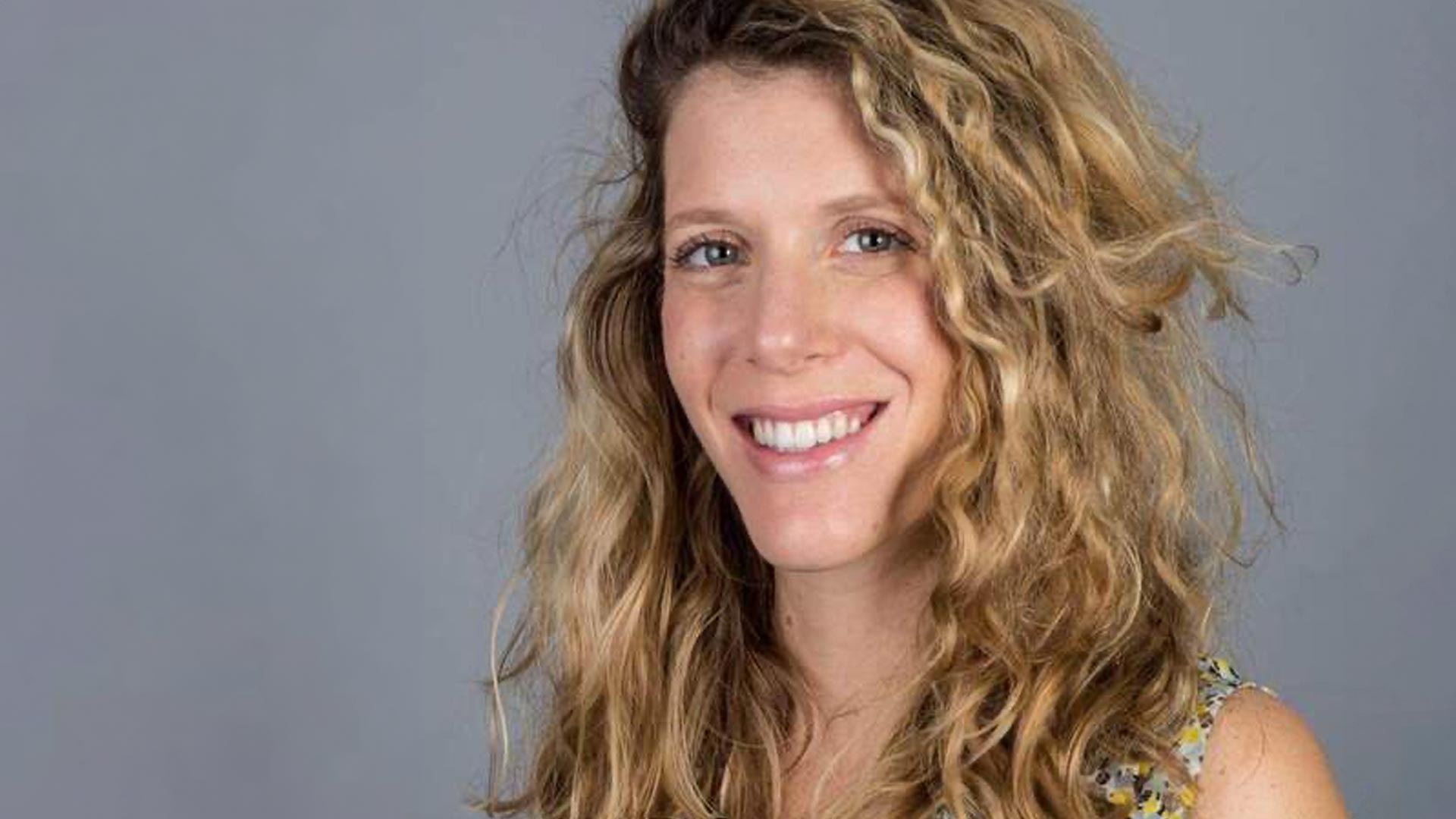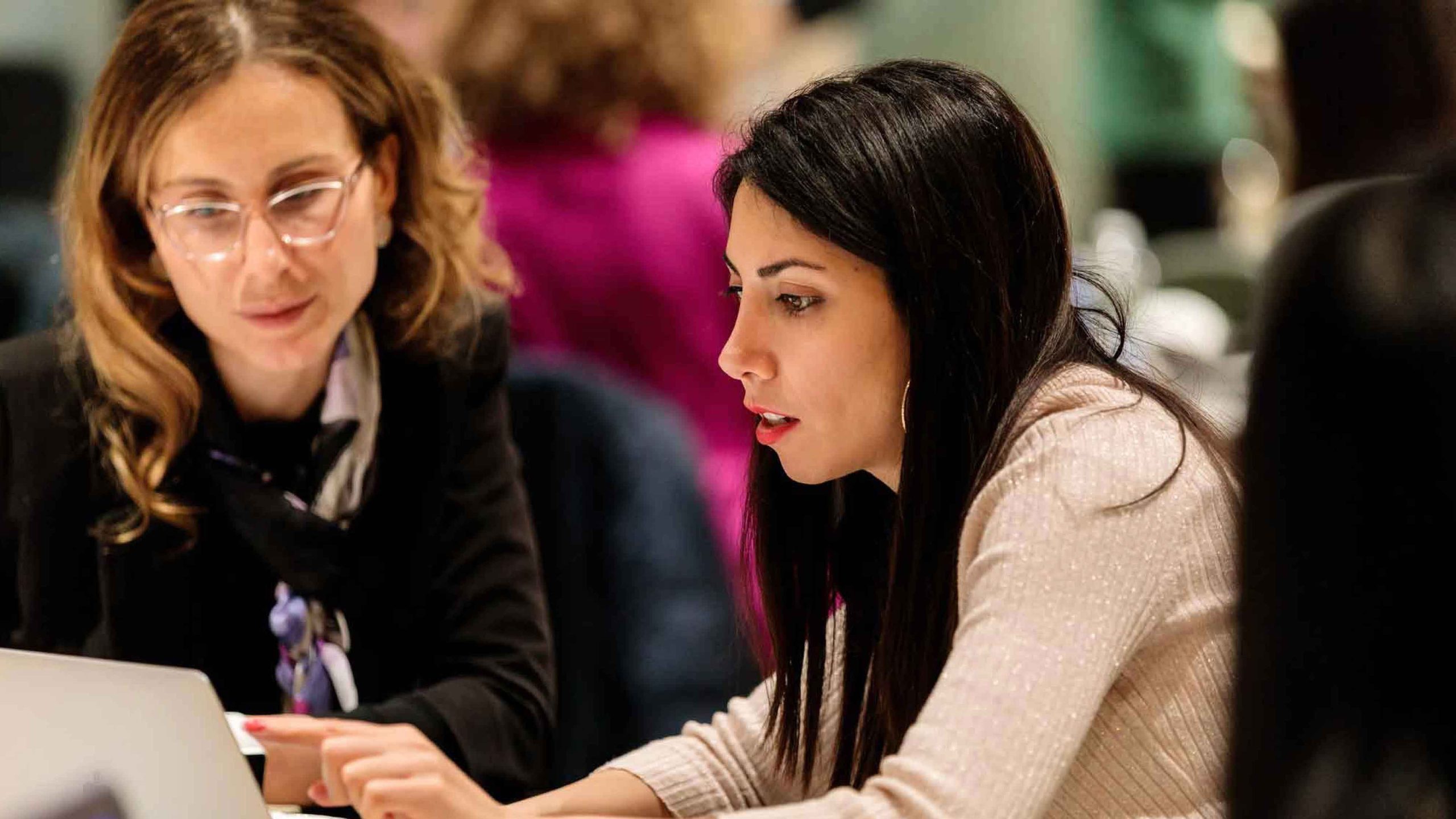

Priya Donti, Executive Director of Climate Change AI, explains multiple ways that machine learning and AI can be used to mitigate climate change. Her work at the intersection of climate change, computer science, and data science led her to co-found Climate Change AI, our partner for the WiDS Datathon 2023 challenge to improve long-term weather forecasting.
Leda Braga is founder and CEO of Systematica Investments, a hedge fund known for using data science-driven models to support its investment strategies. On the WiDS Podcast she explains how systematic investment management is data science applied to investment and how she believes it is the future of the financial industry.
Data science, machine learning and AI have the potential to have a major impact on the healthcare industry. In several WiDS Worldwide conference panels and technical talks, experts describe the challenges and opportunities for applying data science, machine learning and AI to healthcare research and patient care.
Dr. Karolina Urbanska, a data scientist working for Teach First in the UK, has spent her career using data science to better understand human behavior. On a new WiDS Podcast episode whe discusses her work as a data science and psychology researcher, her decision to leave academia, and her learnings along the way.
The pandemic has changed the way that people think about their lives, and their work. A recent survey conducted by Gartner suggests that instead of using the term ‘great resignation’, organizations need to think about the ‘great reflection’, as employees are seeking more purpose in their work.
Financial services is an industry built on data and not surprisingly data science plays a pivotal role in helping financial firms assess risk, detect fraud, make profitable decisions, and improve the customer experience. The Women in Data Science (WiDS) Conference and podcast series shares the perspectives of leading experts on the vital role of data science in financial services.
Climate change is one of the critical challenges facing humanity today. Over the past few years, there have been widespread climate-driven disruptive events such as floods and wildfires. The devastation caused by these events has resulted in an awareness of the urgency of the issue. Indeed, people and governments have started working together in the direction of climate-focused coordinated action. At WiDS, we believe that it will be important for future data scientists to gain familiarity with mathematical and statistical models used to model climate data. For this reason, the focus of the WiDS Datathon this year is a climate-focused challenge: prediction of building energy consumption.
Dr. Zaher Ali Al-Sai, a WiDS Ambassador in Jordan, says creating and leading a workshop for the WiDS Datathon expanded her skills and confidence by empowering women in her region.
Data science is a crucial tool to quantify, predict and communicate about the impact of climate change. For example, a recent study used machine learning to analyze over 100,000 weather events that could be linked to global warming and discovered that 80 percent of the earth’s land has been adversely impacted and at least 85 percent of the world’s population has been affected by extreme weather events caused by climate change.
The Women in Data Science (WiDS) Conference and podcast series has been showcasing leading women data science experts who are using data science to help us understand the impact and potential solutions to combat climate change. Our WiDS Datathon 2022 dataset will also be focused on the impacts of climate change.
Here are some recent podcasts, panels, and talks from our WiDS conferences that address sustainability.
Allison Koenecke, currently a postdoc at Microsoft Research and soon to be assistant professor at Cornell, discusses her decision to pursue a career in academia focused on algorithmic fairness and causal inference in public health, on a recent WiDS Podcast episode.
Suzanne Valentine, Facebook’s Director of Data Science for Global Marketing Solutions, has built her career turning data into business insights. Inspired by WiDS’ support for women data scientists, Facebook has become a sponsor, providing micro-scholarships for WiDS ambassadors.
Karina Edmonds, Global Head of Academies and University Alliances at SAP, has spent her career building bridges between business and academia. On the WiDS Podcast she talks about her passion about promoting fairness in data science by bringing more young people, women, and underrepresented groups into the field.
Fatima Abu Salem, a professor at the American University of Beirut, talks about how the conflict in the region has shaped her life journey and motivates her to apply data science for the public good to address challenges in Lebanon, on a recent WiDS Podcast episode.
Data science is being applied in a growing number of domains that affect everyone’s lives, in healthcare, financial services, agriculture, resource management, and beyond. While data science has huge potential for good, there are also unintended consequences. Data scientists need to take steps to mitigate as many unintended consequences as they can using Responsible Data Science — a set of policies, procedures, and best practices to ensure algorithmic fairness, transparency, and explainability.
Maya Tadmor-Saghiv and Pavel Vodolazov teamed up to win third place in the 2021 WiDS Datathon and first place for the WiDS Datathon Excellence in Research Award for their paper on practices for handling missing data in ICU predictive modeling. They met during the datathon when they decided to join forces and then went on to collaborate on the prize-winning paper: Bridge Over Troubled Data – Practices for Handling Missing Data in Intensive Care Unit Predictive Modeling.
Menglin Cao, Senior VP and Head of AI and NLP Model Development at Wells Fargo, discusses the central role of data science in fintech and financial services, and best practices for success on a recent WiDS Podcast episode.
Bianca Yu, a recent Stanford graduate, talks about the importance of strong women role models in STEM and data science to help young women believe in what they can achieve. Before returning to Stanford to pursue her Master’s degree in Bioengineering, Bianca is helping educate younger women about data science through the WiDS Education Outreach Program.
Parul Pandey, a data science evangelist at H20.ai and 6th place winner in the WiDS Datathon 2020, says the design of the WiDS datathon encourages learning and collaboration between the women competitors. She says this type of collaboration is crucial to help more women get into and succeed in the field of data science.
Femke Vossepoel, Professor in Geoscience and Engineering at Delft University of Technology in the Netherlands, explains how data assimilation tools can be used to improve COVID-19 forecasting models, on a recent episode of the WiDS Podcast.
With the onset of the COVID-19 pandemic, Francesca Dominici and Rachel Nethery of Harvard T.H. Chan School of Public Health saw a way to connect the research they were doing on air pollution and health with the pandemic. On a recent episode of the WiDS Podcast, they discuss how they are studying the effects of air pollution exposure on different causes of hospitalization to see if pollution could increase a person’s vulnerability to COVID-19. While the research is at a preliminary stage, there is a lot of information that points towards the possibility that long-term exposure to air pollution could increase the mortality risk for COVID-19.
Iryna Ivanenko, second place winner of the WiDS Datathon 2020, is a data science and machine learning developer and former WiDS ambassador from Kyiv, Ukraine.
Manisha Desai is a professor of medicine (research) and of biomedical data science, and director of the Quantitative Sciences Unit at Stanford University. She is an expert in the design and analysis of clinical trials and epidemiologic studies across multiple diseases, including COVID-19. In a recent episode of the WiDS Podcast, she provides some insights into the challenges and progress of COVID-19 clinical trials.
Newsha Ajami is a hydrologist specializing in sustainable water resource management, water policy, the water-energy-food nexus, and urban water strategy. When she was studying hydrology in grad school, she took a water policy class that changed the trajectory of her career. “I would say that was one of the most important events in my professional career. I realized that laws and policies are what change the way we manage resources,” she says. All the data optimization and modeling means nothing unless you can understand the policy layer imposed on how our natural systems operate.
Andrea Gagliano, Head of Data Science, AI and Machine Learning at Getty Images, works at the intersection of art and technology — using machine learning to inspire creativity, and the arts to comprehend technology. She speaks with Professor Margot Gerritsen on the WiDS Podcast.
Talia Tron attended her first WiDS conference in Israel after hearing about it during a job interview with Intuit. Her experience at this conference sealed her decision to join Intuit…
Shir Meir Lador, data science team lead at Intuit in Israel, develops machine learning models for security, risk and fraud in products like Quickbooks, Turbo Tax and Mint. In addition to her job at Intuit, Lador is a WiDS ambassador in Israel, has her own podcast about data science, and is a co-founder of PyData Tel Aviv meetups.
